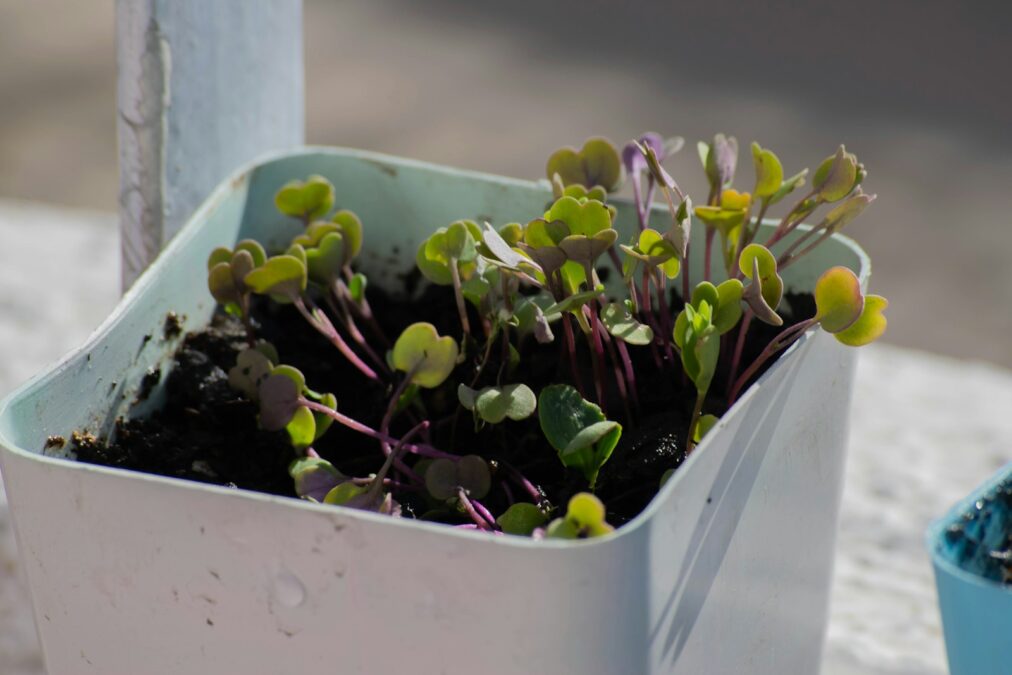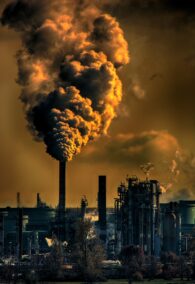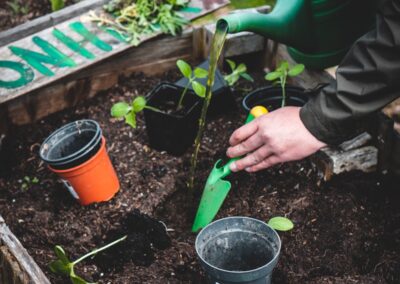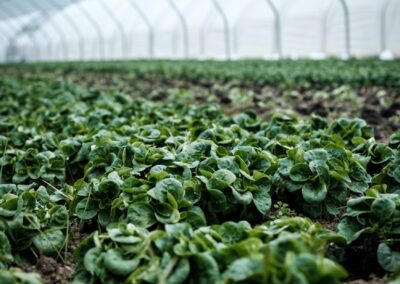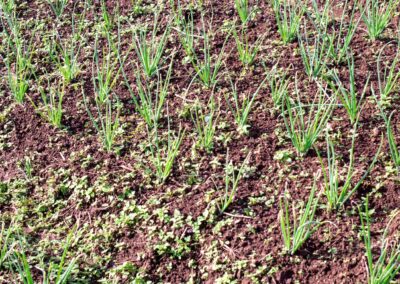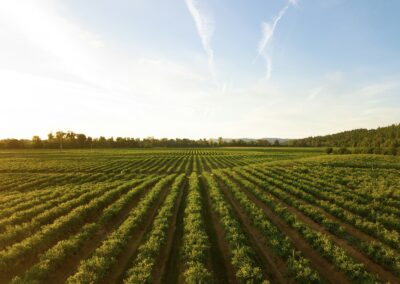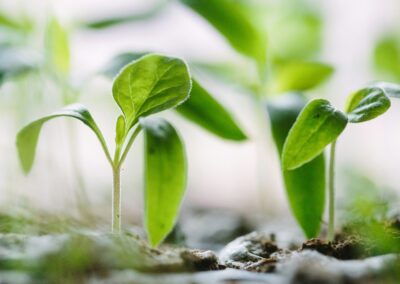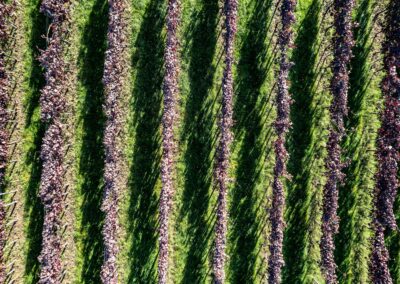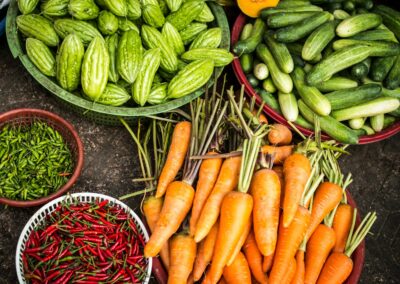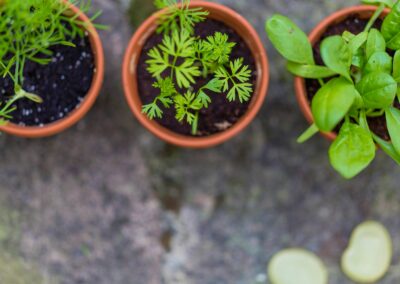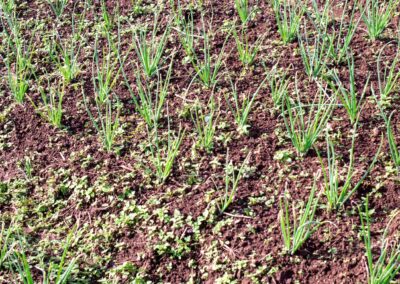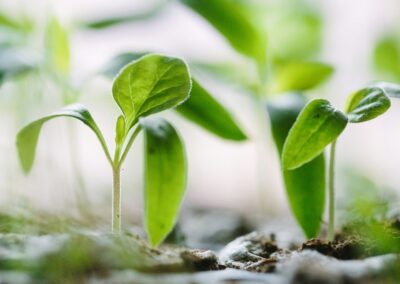Biochar Production and Environmental Benefits: A Sustainable Approach to Energy and Agriculture
The Role of Biochar in Improving Soil Health
The production of biochar, a byproduct of biomass pyrolysis, offers significant environmental benefits, including improved soil health and carbon sequestration. Biochar is a form of charcoal produced from organic materials through a process called pyrolysis, where biomass is heated in the absence of oxygen. This process not only generates biochar but also produces energy, making it a sustainable solution for both energy production and agricultural enhancement. In Saudi Arabia and the UAE, the adoption of biochar production is gaining momentum, driven by its potential to boost soil fertility and support sustainable agricultural practices.
In Riyadh, biochar is being used to improve the health of arid and nutrient-poor soils. The addition of biochar to soil enhances its water retention capacity, increases microbial activity, and improves nutrient availability. These benefits are particularly important in regions with challenging growing conditions, where water scarcity and soil degradation can limit agricultural productivity. By incorporating biochar into farming practices, farmers in Riyadh can achieve higher crop yields and more sustainable agricultural systems, contributing to food security and economic stability.
Dubai is also embracing the use of biochar to enhance soil health and support sustainable agriculture. The city’s commitment to innovative and sustainable practices is reflected in its adoption of biochar production technologies. Biochar helps improve soil structure, reduce soil erosion, and increase the resilience of crops to environmental stresses. These benefits are crucial for maintaining the productivity and sustainability of Dubai’s agricultural sector, which faces similar challenges of water scarcity and soil degradation. By leveraging biochar, Dubai is promoting a more sustainable and resilient agricultural system that supports both environmental and economic goals.
Moreover, the use of biochar in agriculture contributes to long-term soil health improvement. Biochar is highly stable and can remain in the soil for hundreds to thousands of years, providing ongoing benefits. This longevity makes it an effective tool for building soil carbon stocks and enhancing soil fertility over the long term. The adoption of biochar in Saudi Arabia and the UAE demonstrates a commitment to sustainable agricultural practices that prioritize soil health and environmental stewardship.
Carbon Sequestration and Climate Change Mitigation
Biochar production plays a significant role in carbon sequestration, offering a valuable tool for mitigating climate change. When biomass is converted into biochar through pyrolysis, a substantial portion of the carbon in the biomass is locked into a stable form that can be sequestered in the soil. This process effectively removes carbon from the atmosphere, reducing greenhouse gas emissions and contributing to climate change mitigation. In Saudi Arabia and the UAE, biochar production is being explored as a strategy to enhance carbon sequestration and support national climate goals.
In Riyadh, the potential of biochar for carbon sequestration is being harnessed through innovative projects and research initiatives. By integrating biochar into soil management practices, the city aims to increase the amount of carbon stored in soils, thereby reducing its overall carbon footprint. These efforts align with Saudi Arabia’s broader climate commitments and its Vision 2030 goals, which emphasize sustainability and environmental protection. Biochar production not only supports these objectives but also provides co-benefits for soil health and agricultural productivity.
Dubai’s approach to carbon sequestration through biochar production is also noteworthy. The city is investing in advanced technologies and research to optimize the production and application of biochar. By enhancing the efficiency of biomass pyrolysis and maximizing the carbon content of biochar, Dubai aims to increase its carbon sequestration capacity. These initiatives are part of Dubai’s comprehensive strategy to address climate change and promote sustainable development. The use of biochar for carbon sequestration demonstrates the city’s commitment to innovative solutions that benefit both the environment and the economy.
Additionally, biochar production can be integrated with other sustainable practices to further enhance its environmental benefits. For example, combining biochar with renewable energy sources, such as solar or wind power, can create a closed-loop system that minimizes emissions and maximizes resource efficiency. This integrated approach aligns with the sustainability goals of Saudi Arabia and the UAE, supporting their efforts to transition to a low-carbon economy and build a more resilient and sustainable future.
Technological Innovations in Biochar Production
Technological advancements are driving significant improvements in the efficiency and effectiveness of biochar production. In Saudi Arabia and the UAE, the adoption of modern technologies, including artificial intelligence (AI) and blockchain, is enhancing the capabilities of biochar production systems. These innovations are optimizing the pyrolysis process, ensuring higher yields of biochar and better quality control, while also supporting environmental monitoring and data transparency.
In Riyadh, AI-driven systems are being used to monitor and optimize the conditions of biomass pyrolysis. These systems analyze real-time data on temperature, pressure, and feedstock composition, allowing for precise control of the pyrolysis process. By leveraging AI, biochar producers can maximize the efficiency of biomass conversion and improve the consistency of biochar quality. This technological integration is enhancing the overall performance of biochar production systems, supporting sustainable agriculture and carbon sequestration efforts.
Dubai is also at the forefront of incorporating blockchain technology into biochar production and management. Blockchain provides a secure and transparent platform for recording and sharing data related to biochar production, including feedstock sources, production parameters, and carbon content. This transparency ensures that all stakeholders, including farmers, regulators, and consumers, have access to accurate and reliable information. Blockchain technology enhances trust and accountability in the biochar supply chain, promoting sustainable practices and environmental responsibility.
Moreover, the use of advanced sensors and IoT (Internet of Things) devices in biochar production systems is further improving their efficiency and environmental performance. These devices provide real-time monitoring of environmental conditions, emissions, and biochar properties, enabling proactive management and optimization of the production process. By integrating these technologies, biochar producers can better adapt to changing conditions and ensure a reliable supply of high-quality biochar. This technological innovation is essential for meeting the growing demands of sustainable agriculture and climate change mitigation in Saudi Arabia and the UAE.
Conclusion: The Future of Biochar Production and Environmental Benefits
In conclusion, the production of biochar through biomass pyrolysis offers significant environmental benefits, including improved soil health and carbon sequestration. By integrating advanced technologies such as AI and blockchain, biochar production systems are becoming more efficient and effective, supporting sustainable agriculture and climate change mitigation. In Saudi Arabia and the UAE, the adoption of these technologies is setting new standards for biochar production, enhancing its environmental and economic benefits.
In Riyadh and Dubai, the collaboration between technology companies, government agencies, and agricultural sectors is driving innovation in biochar production and application. This collaborative approach is essential for developing robust and resilient systems that can meet the diverse needs of different users. As technology continues to evolve, the future of biochar production looks promising, with new advancements expected to further enhance its capabilities.
By leveraging biochar production, communities in Saudi Arabia and the UAE can achieve greater environmental sustainability and resilience. These systems provide the insights needed to make informed decisions and take effective actions in soil management and carbon sequestration. The commitment to innovation and sustainability in these regions serves as a model for other countries, demonstrating the power of technology and collaboration in achieving environmental goals.
The ongoing efforts to develop and implement advanced biochar production systems will play a significant role in shaping the future of sustainable agriculture and climate change mitigation. By continuing to invest in modern technologies and fostering collaboration among all stakeholders, Saudi Arabia and the UAE can enhance their environmental performance and contribute to a more sustainable and resilient world. The future of biochar production is bright, promising new opportunities for sustainable development and environmental conservation.
—
#BiocharProductionAndEnvironmentalBenefits, #BiocharProduction, #BiomassPyrolysis, #SoilHealth, #CarbonSequestration, #EnvironmentalBenefits, #EnergyProduction, #SaudiArabia, #UAE, #Riyadh, #Dubai, #ArtificialIntelligence, #Blockchain, #ModernTechnology, #BusinessSuccess, #Leadership, #ManagementSkills, #ProjectManagement

